GRET designs and implements field projects
It provides the technical, methodological and management support necessary for successful roll-out of its projects, and shares its know-how.
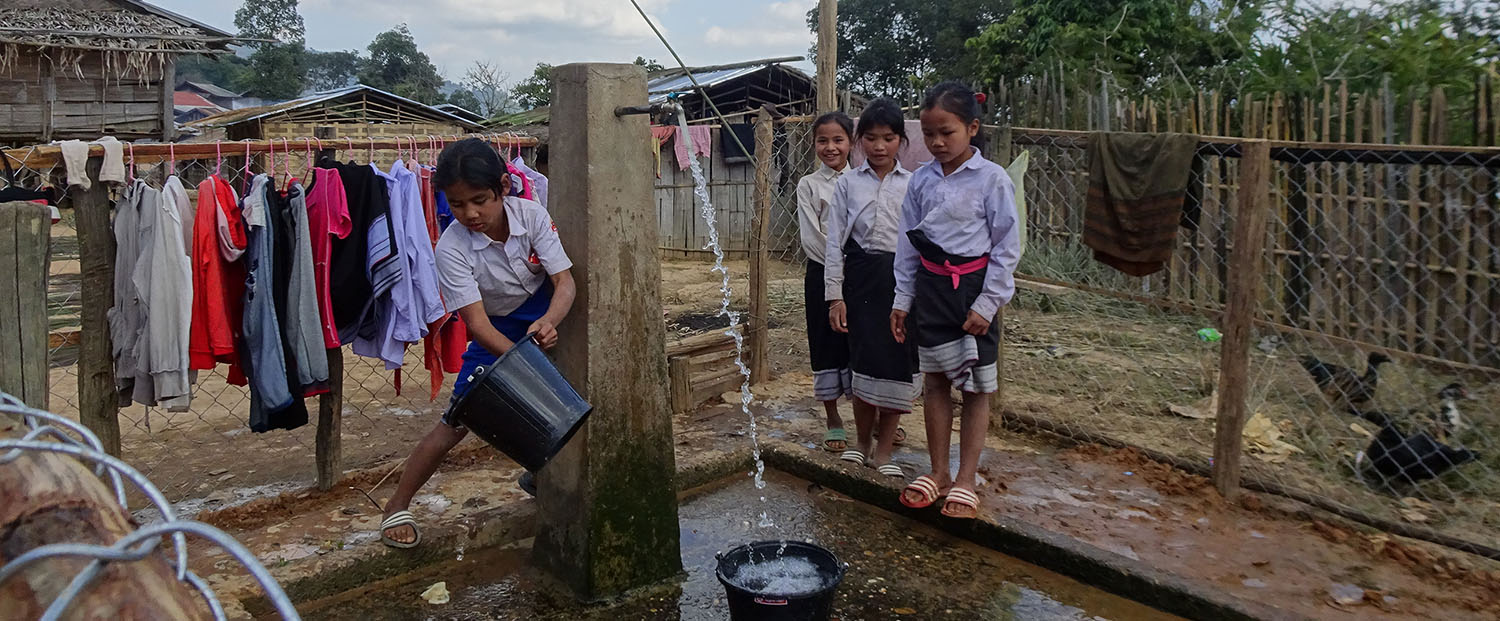
GRET’s teams design and implement projects in the field and share their know-how and expertise. They engage in partnerships and facilitate networks at local, national and international level. They produce and publish knowledge generated by their experience in the field missions.

GRET designs and implements field projects
It provides the technical, methodological and management support necessary for successful roll-out of its projects, and shares its know-how.
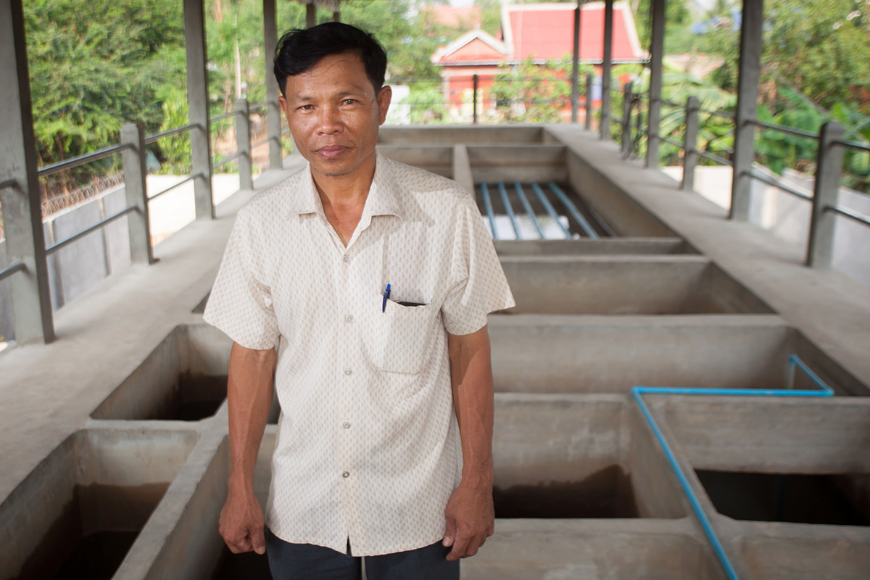
GRET conducts studies
It conducts and shares studies based essentially on the results of applied research and experiences, and on excellent knowledge of the field.
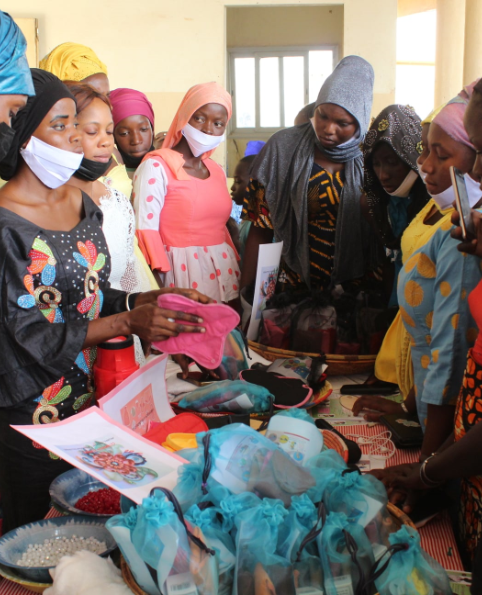
GRET facilitates networks and defends ideas
It facilitates collectives locally, nationally and internationally, speaks in international forums and advocates actively for fair, sustainable development
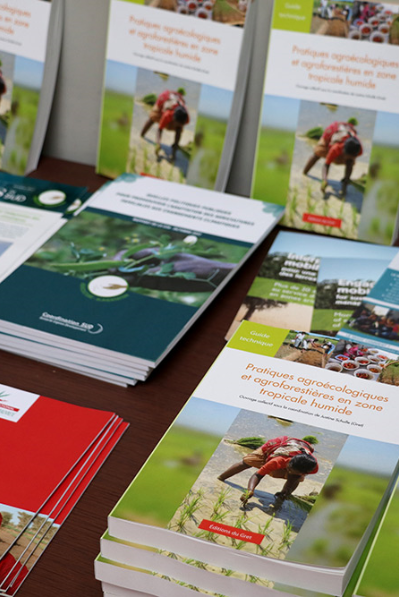
GRET produces and distributes publications
Drawing on its practices, it produces and disseminates knowledge, know-how and methods that are tested, evaluated and improved in the field.
GRET adopts a global approach to development through 8 areas of expertise which, together, contribute to the fight against poverty and inequalities in the world :
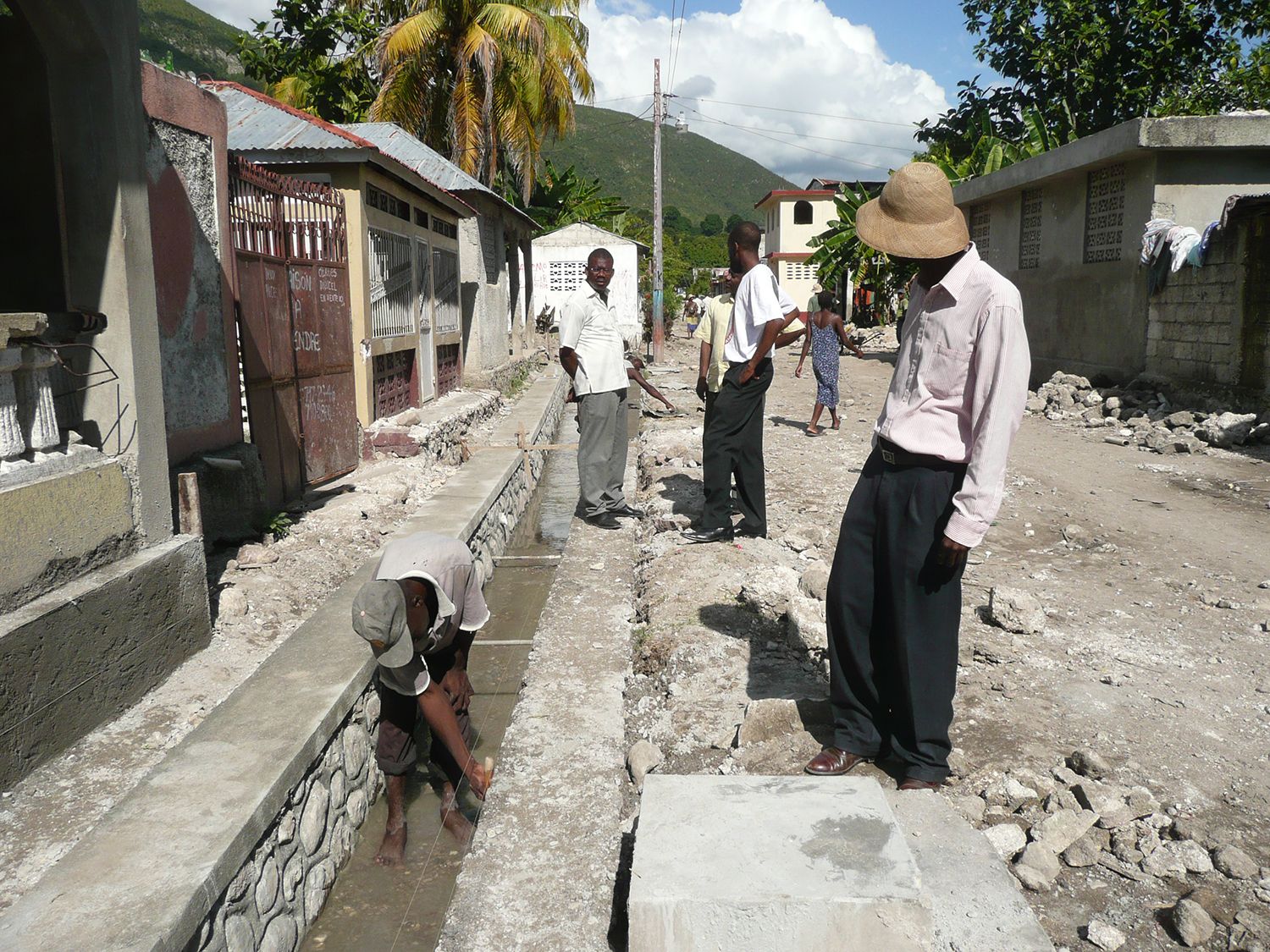
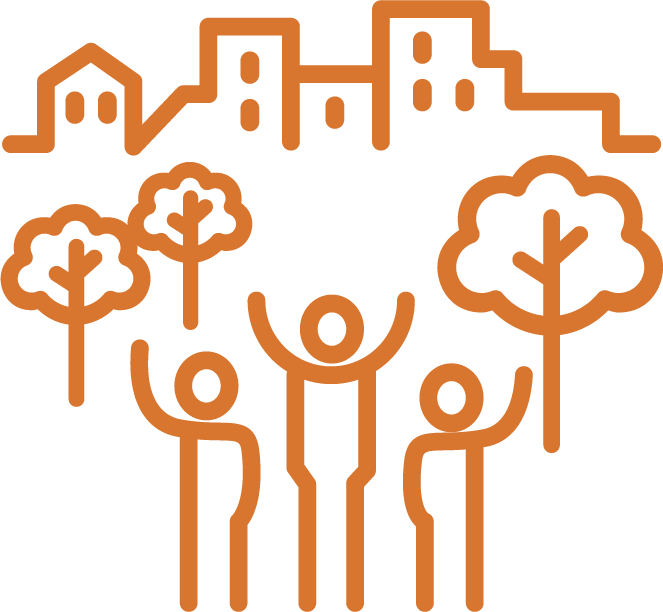

All of the population and users in a territory or a neighbourhood, even precarious neighbourhoods, have the right to live in a safe, dignified environment with access to services, and the right to participate in shaping and managing the city. Rapid urbanisation, current climate upheavals and unsustainable development models are compromising this right. In this context, GRET is working for fair, citizen-centric urban development with a responsible approach to local resources. It is supporting civil society organisations and local authorities to develop policies and projects geared towards reducing inequalities and vulnerabilities.
See projects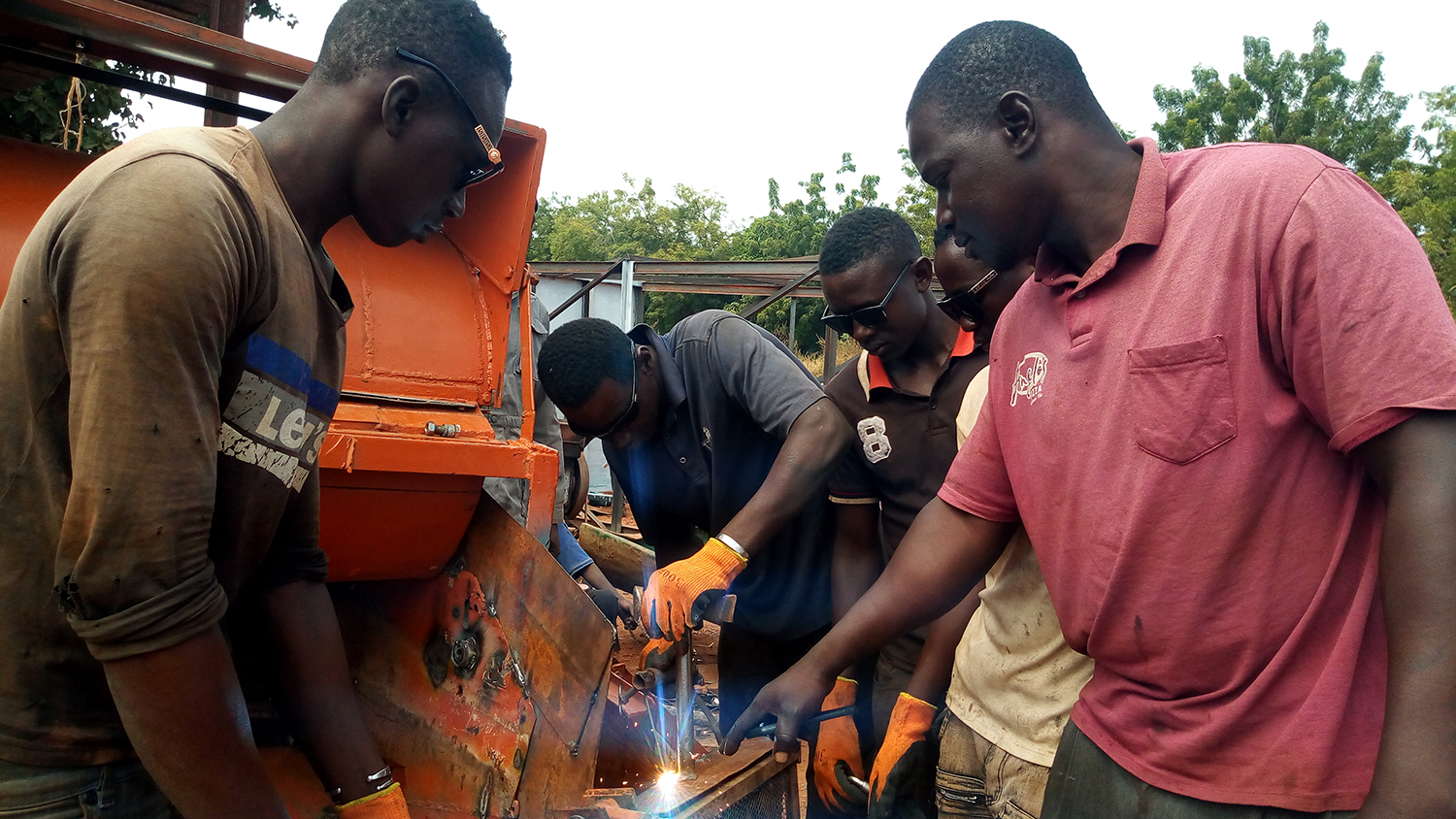


The successful integration of citizens, especially young people, in the labour market contributes to countries’ development. Through its actions, GRET is supporting career guidance, training and professional integration systems, favouring entrepreneurship and considering environmental, climate and citizen dimensions. GRET is contributing to facilitation of fair access for men and women to decent, sustainable work that is in line with local social and economic realities. By strengthening their skills, it is also enabling them to become active stakeholders in change.
See projects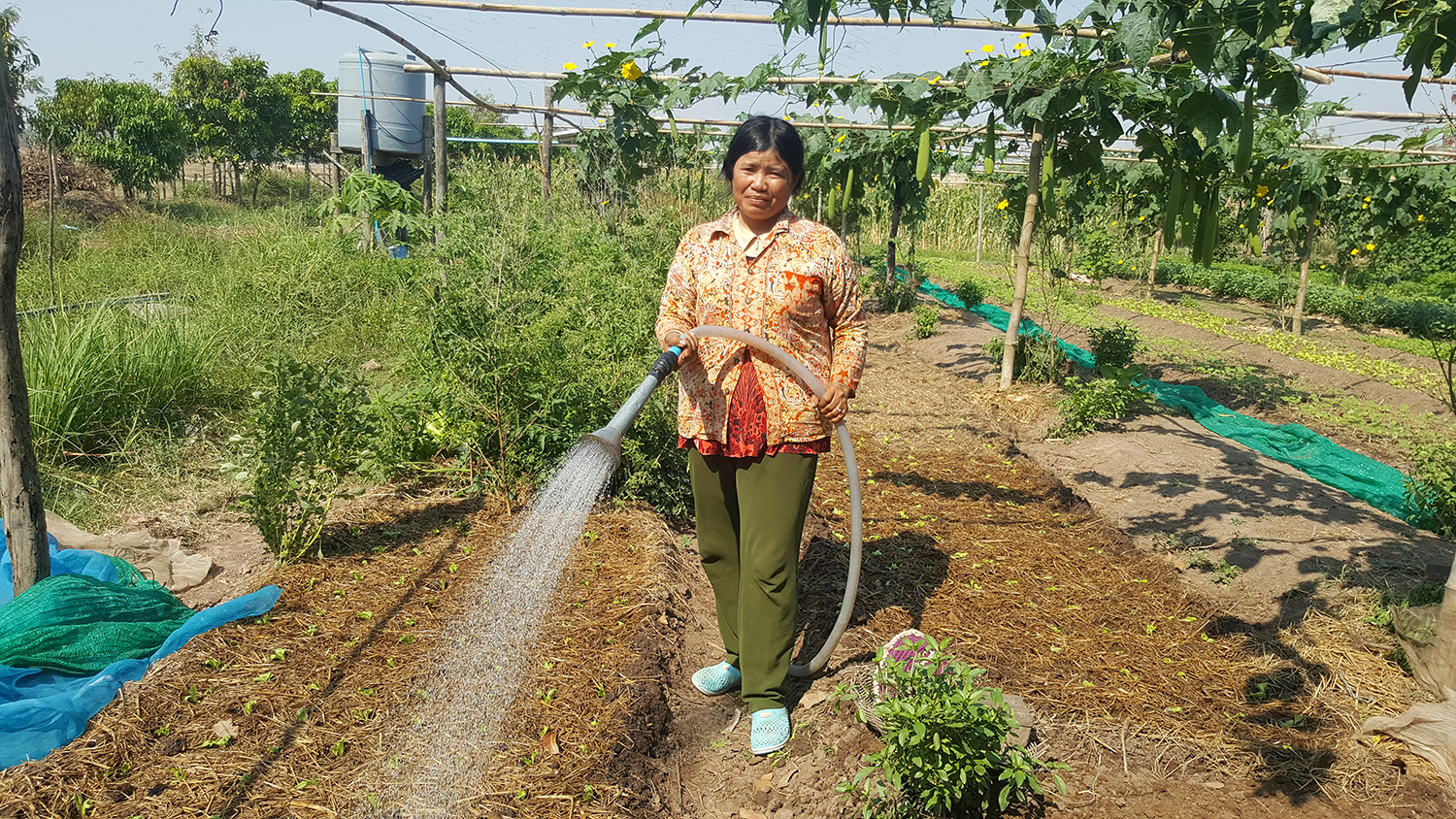
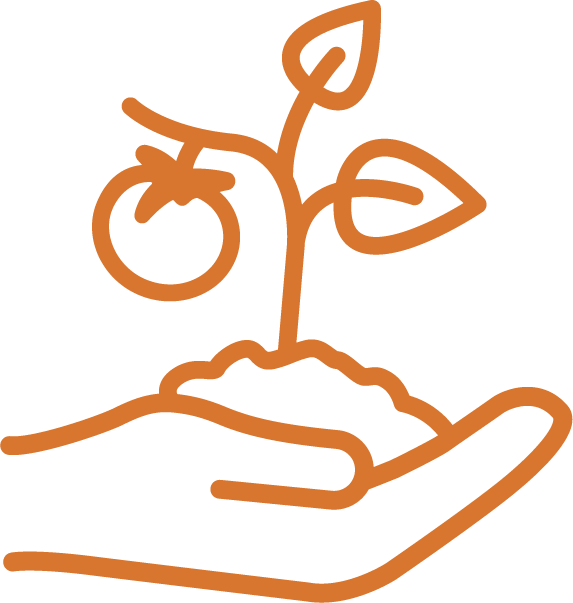

Support for family farming and local small & medium business is necessary for the sustainable development of agriculture, agrifood value chains and food security. To contribute to this, GRET implements development projects, conducts studies, capitalisations and training courses, and contributes to the development of public policies. Its actions include support for fair remuneration of farmers and agrifood processing stakeholders, agroecological transition, quality products supply for national and regional markets, and growth of territorial food systems. GRET also focuses on strengthening collective structures, on empowerment of women and young people, and on their participation in decision-making.
See projects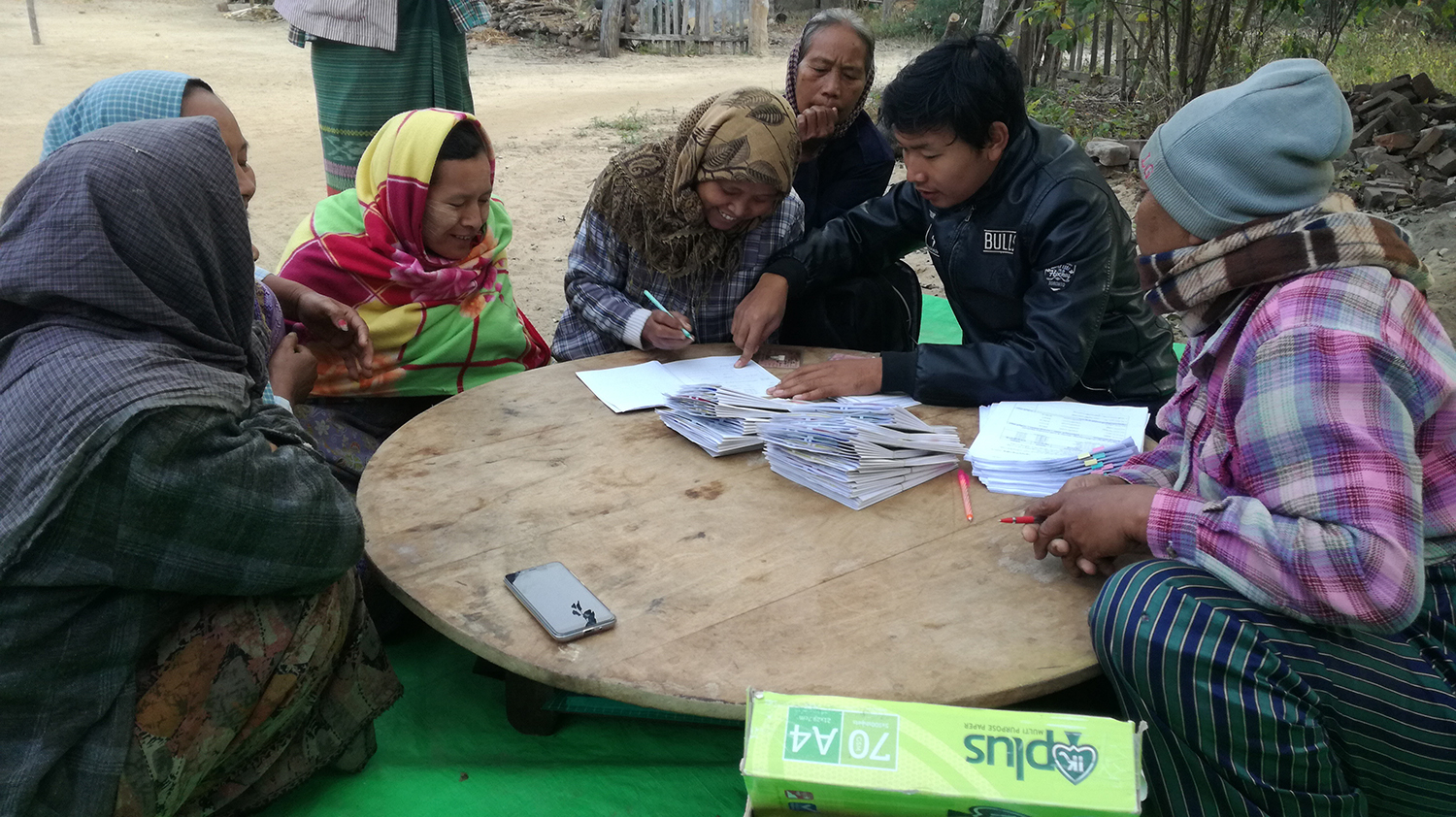


Apart from the conventional financial framework, finance, and more broadly inclusive economies, enable access to essential services, representing a significant economic and social challenge for developing countries. This is why GRET’s initiatives favour entrepreneurship, and more globally the development of the economy in its social and solidarity dimensions. It conducts field projects to strengthen and support financial institutions so that they can best respond to the needs of small and medium businesses. GRET also uses financing as a tool to serve the development of other sectors, and focuses its innovative actions around rural and agricultural finance, entrepreneurship by young people, support for micro-businesses, access to water and sanitation, and the green economy.
See projects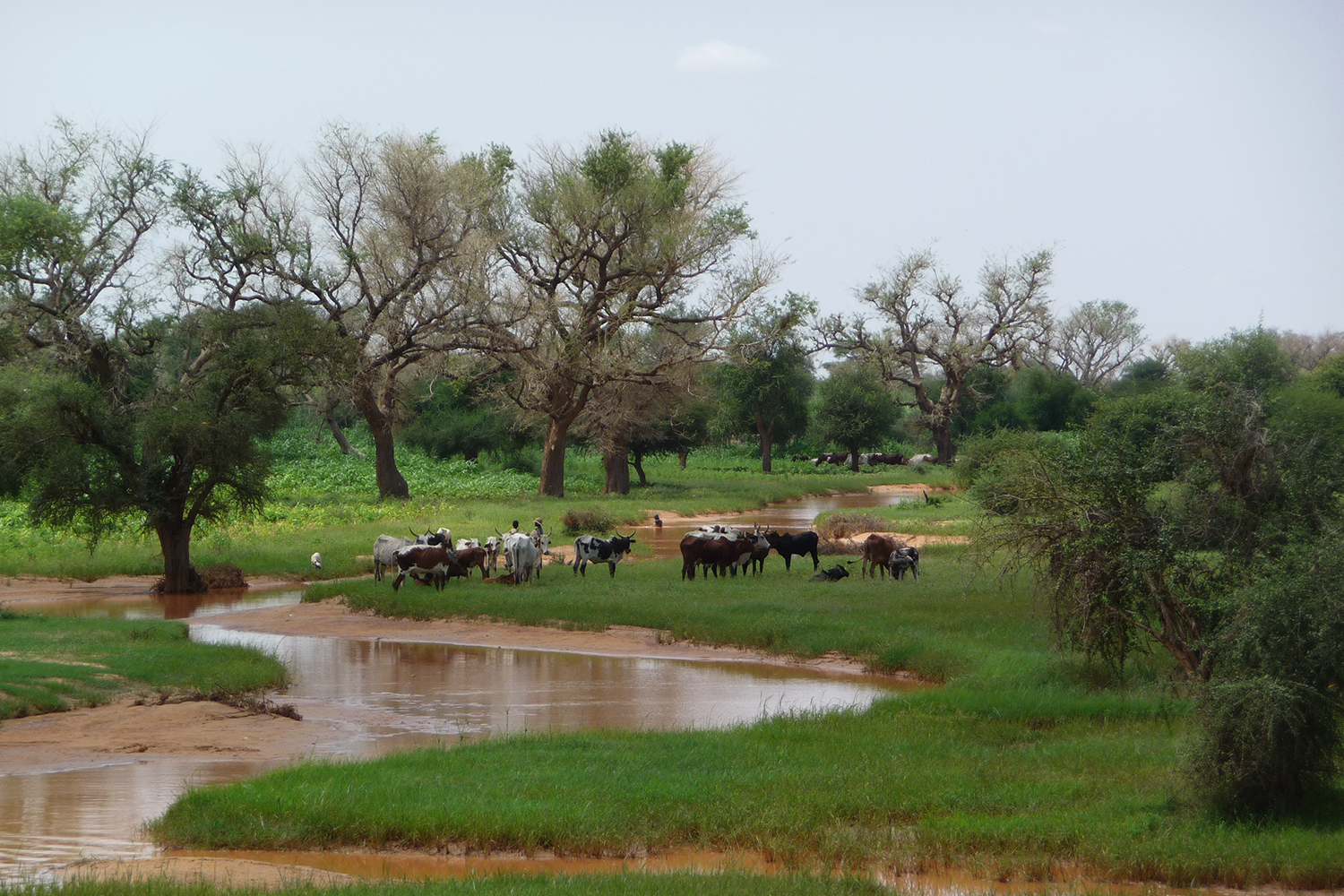


Land tenure is defined as the governance of access, use and control of land. It translates relationships between people vis-a-vis land and is related to issues around food security, sustainable management of natural resources, citizen participation, social cohesion and economic development. Through its activities, GRET contributes to ensuring recognition of the multiplicity of rights to and uses of land and resources in territories. It seeks to promote local systems for management of land and natural resources, drawing on inclusive, decentralised local governance forums.
See projects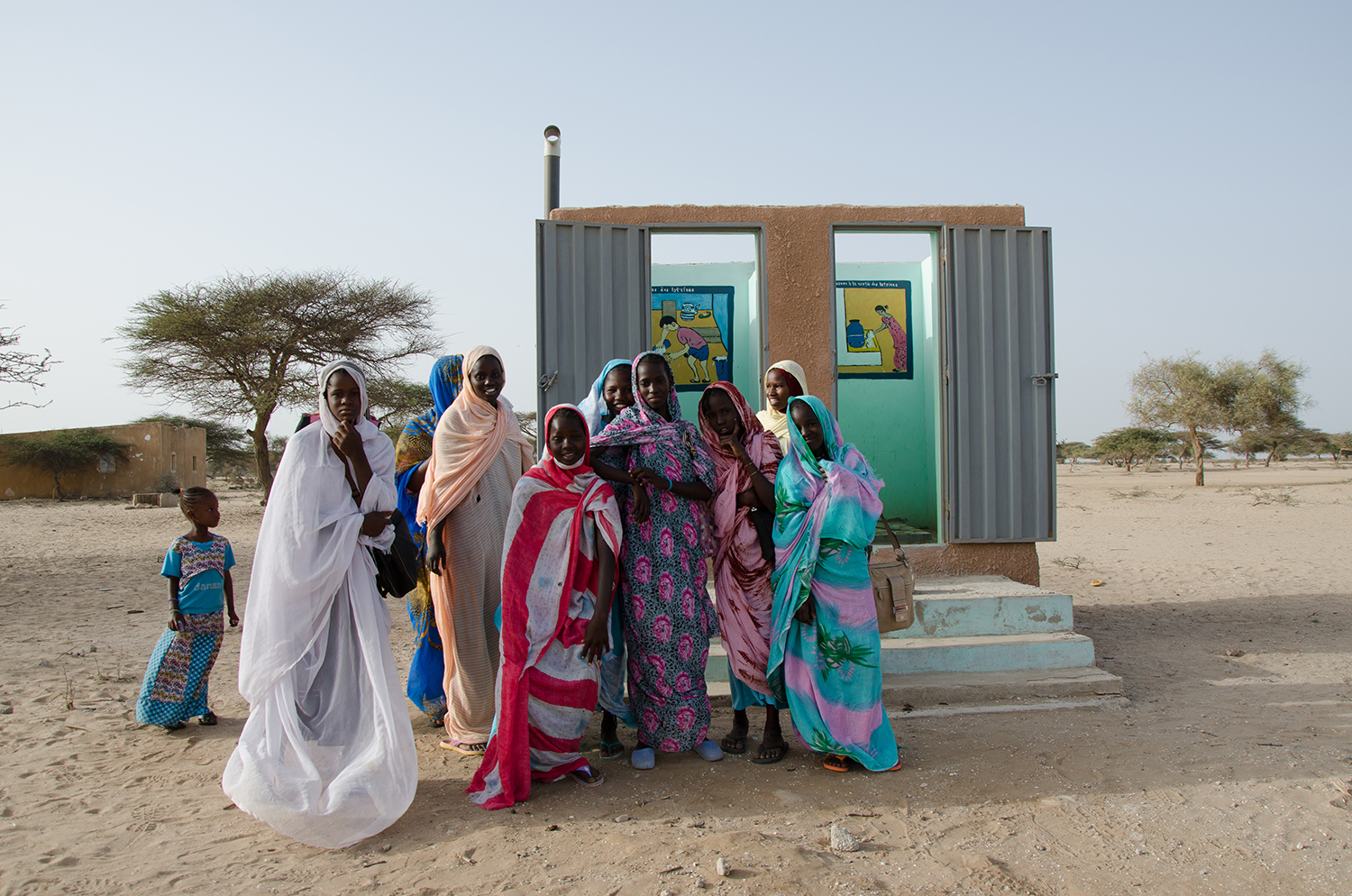
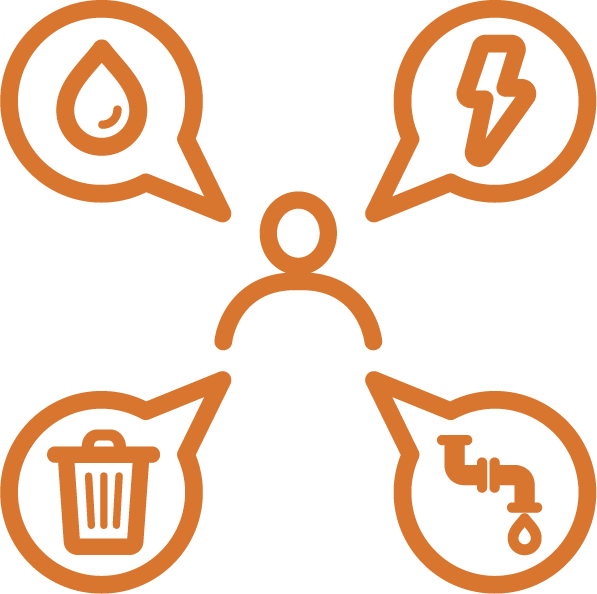

Water, electricity, sanitation and waste management services are fundamental to respond to our essential needs. GRET works to promote universal fair access to quality essential services, with respect for the environment. Its actions are conducted in partnership with local authorities, the private sector, users and citizens with a view to collective, sustainable and inclusive management of these services.
See projects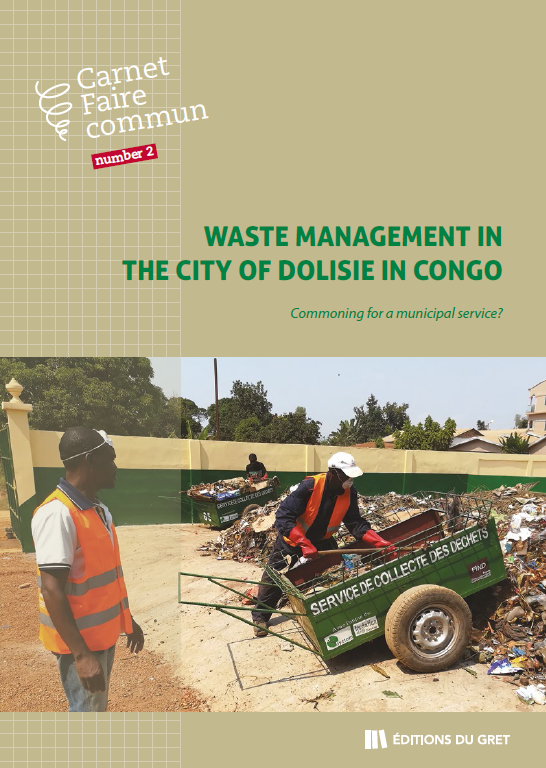
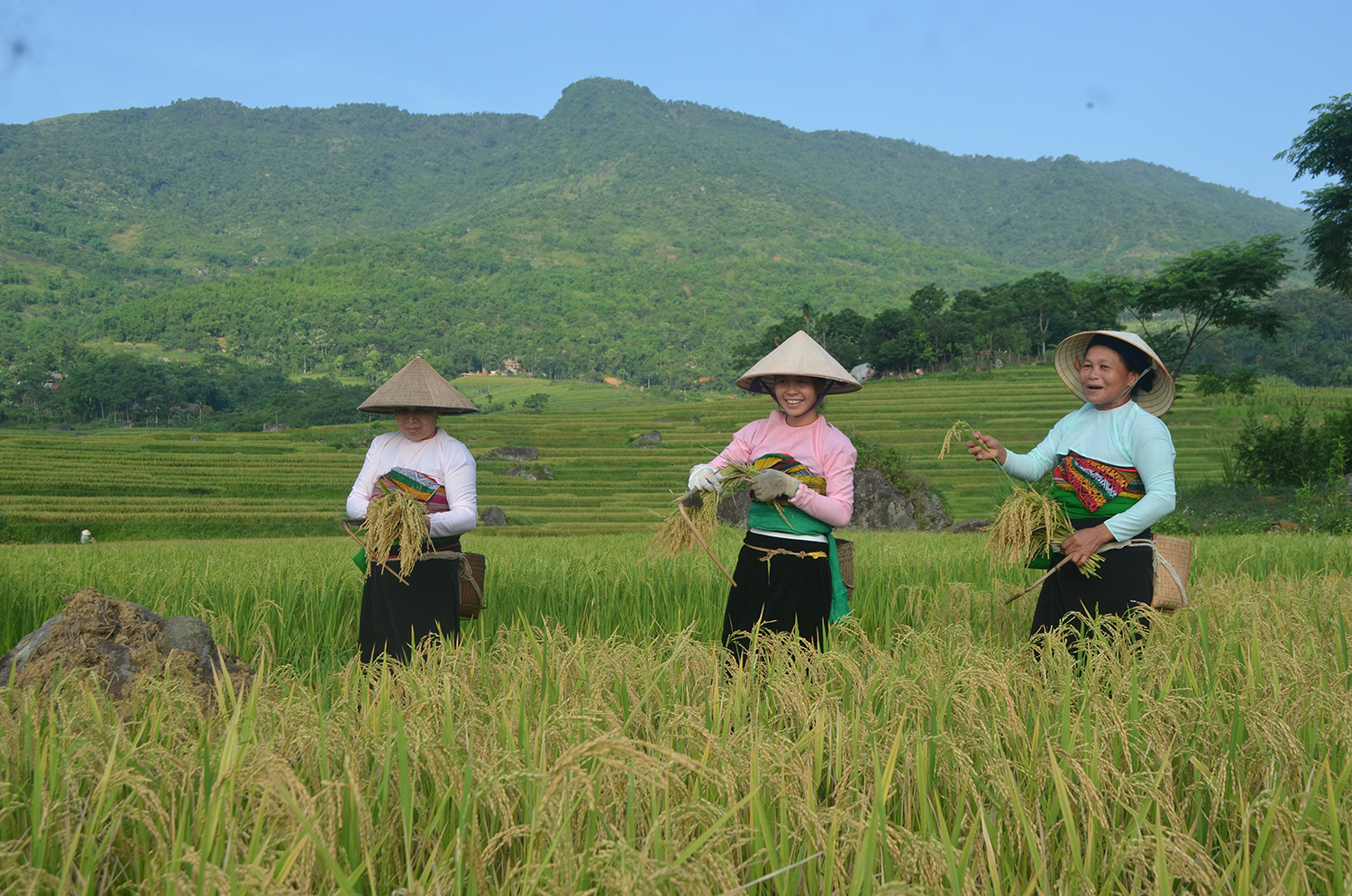
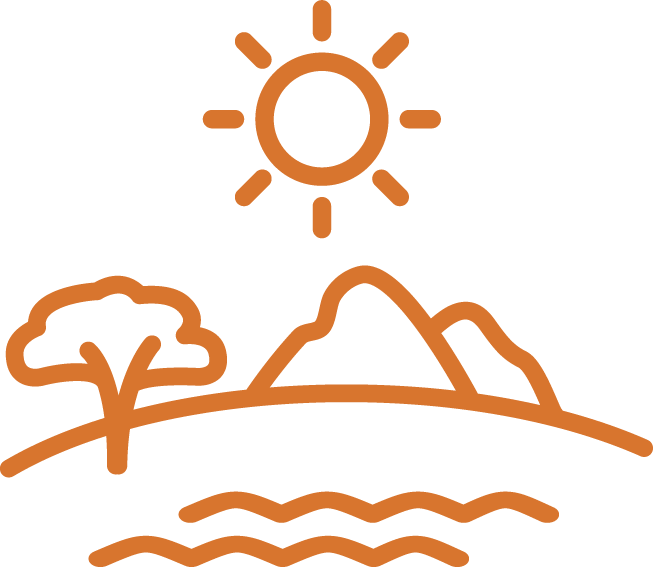

Humanity depends directly on natural resources for its livelihood and is therefore directly affected by environmental degradation. This is why GRET encourages the participation of local populations in maintenance or restoration of ecosystems, for inclusive, concerted management of territories. These actions contribute to the fight against climate change and preservation of biodiversity.
See projects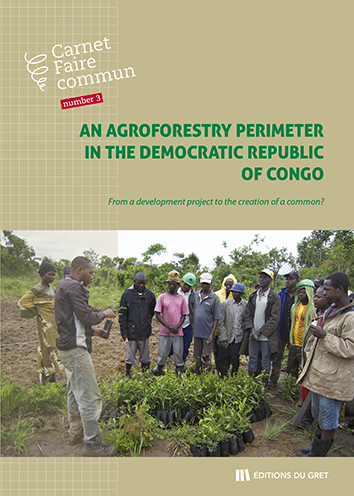
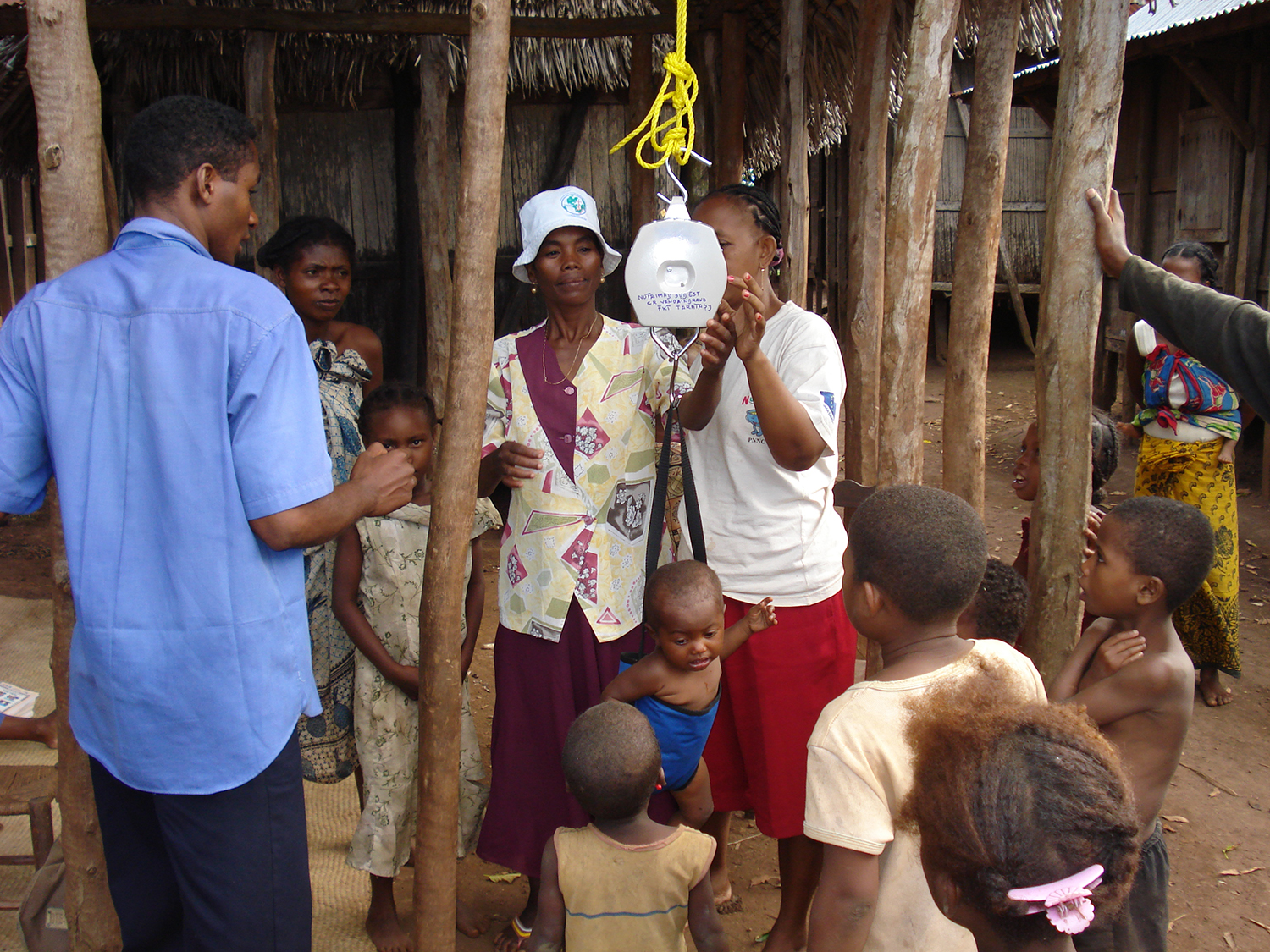
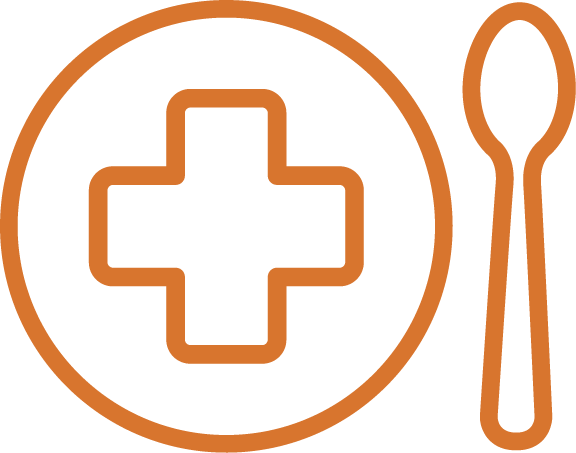

Contributing to the wellbeing of all people at every age and improving nutrition for the most vulnerable requires strengthening access to safe, nutritious food and to quality healthcare. To reach these objectives, GRET works to improve the diets of the most vulnerable people, as well as their healthcare knowledge and practices, with a strong focus on women and children under the age of five. It also strengthens healthcare and social protection systems.
See projects